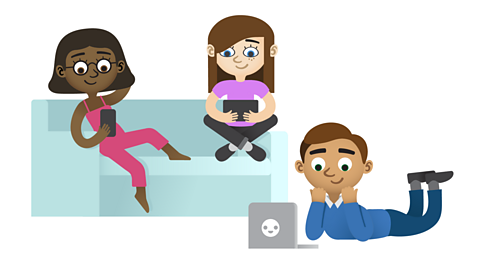Digital content on the world wide web

The world wide webA service provided via the internet that allows access to webpages and other shared files. (or web for short) is a huge onlineConnected to the internet. library of information.
Each website A collection of connected webpages. on the web is like a digital book, while each webpageAn online page of information with words, pictures, video and sound that we see on a screen using a web browser. is like a digital page inside that book.
The information on a website is called digital contentText, images, videos and other types of information found on a digital device., as it is stored on a digital deviceA machine or a device with a computer inside, that has been programmed for a specific task..

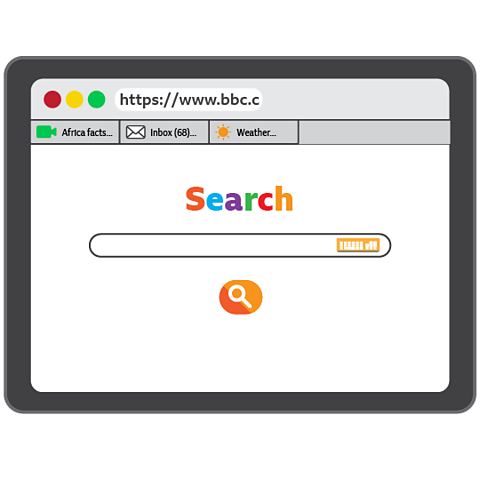
We can use a search engineA program that finds and indexes webpages on the web. to find things on the web.
The search engine acts like a digital librarian.
It keeps track of all the websites and helps us to find the digital content or information we are looking for.
Is everything on the web true?
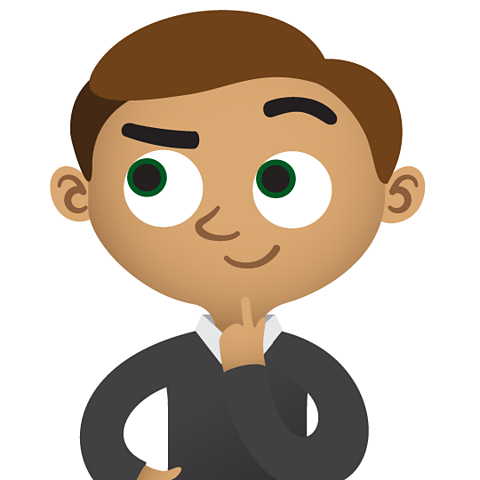
The information in books for children can be trusted.
This is because they are written and checked by expertA person who knows a lot about something, as they have spent a lot of time learning and researching it.. The facts are true and there aren't any spelling mistakes.
Anyone can write and publish a website on the web.
The information on a website isn't always written by an expert and sometimes webpages are not checked before we see them.
This means that some digital content on the web is not reliableCan be trusted or relied upon to be true..
The information could be incorrect, inaccurate, or out of date.

What does an unreliable website look like?
You can spot unreliable websites by looking carefully for warning signs. This is called evaluating.
Look out for the following clues.
- It looks messy and disorganised and is hard to read.
- There are spelling mistakes.
- Lots of adverts appear on the page.
- There are no details about who made the website.
- The information is out of date.
Have a look at this website. It's a news report. Look carefully for any of the clues above.
Do you think it can be trusted?
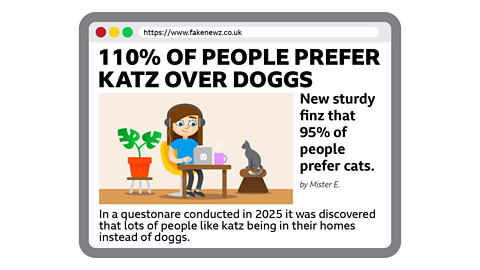
That's right! This website can't be trusted as it has lots of spelling mistakes and unreliable facts.
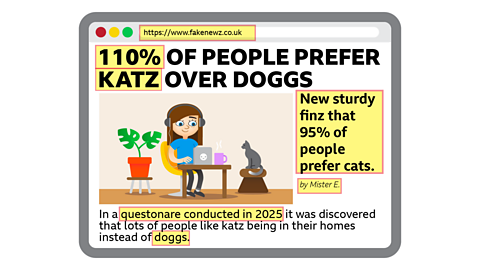
So how do you find reliable websites?
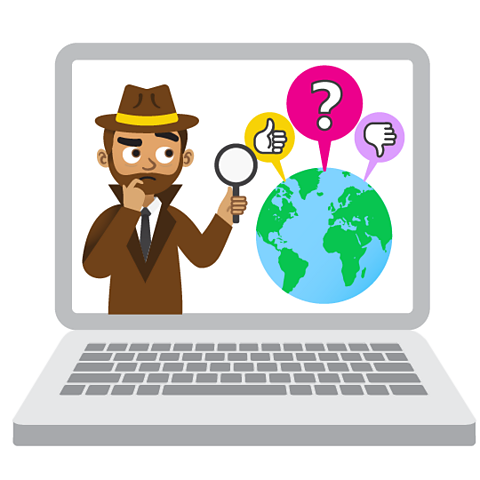
To find reliable information on the web yourself, you will have to do some detective work and look for clues.
Let's have a look at some evaluating skills you can use.
Search results list
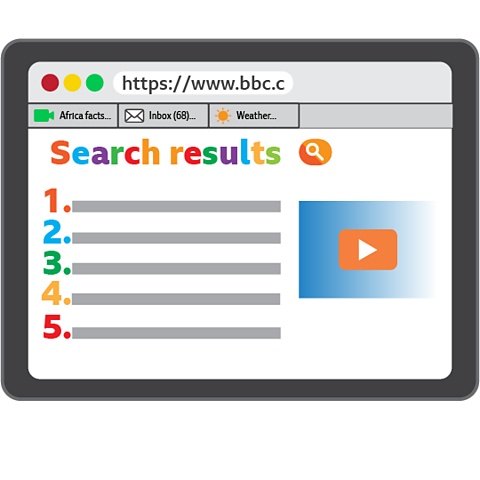
When you search for information, the search engine will put the most popular and relevant websites it finds at the top of the search results list.
Your detective work can start there.
Sometimes an advert can appear at the top of the search results too. These will be marked Ad.
These are not always the most relevant links to click on. If you aren't sure, ask an adult.

Using the website address
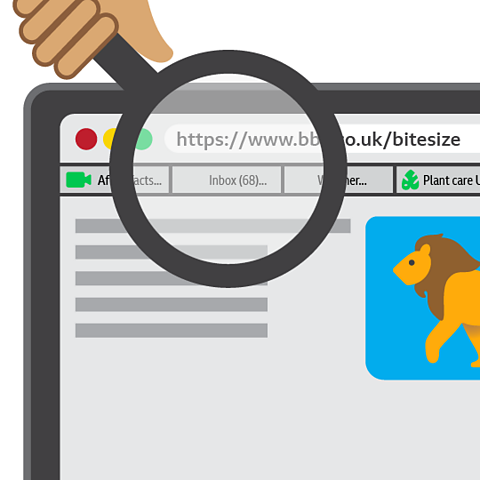
Each website has its own address and that's another good place to look for clues.
Look for familiar names and organisations that you trust.
Does the web address begin with https://?
For example: /bitesize
Good luck with your website detective work!
Watch: Evaluating digital content
You can find out more about evaluating digital content in this video.
Activities
Computing - Dance Mat Typing. gameComputing - Dance Mat Typing
Build and test your computing skills with different levels of touch type challenges

More on Digital literacy
Find out more by working through a topic
- count4 of 12
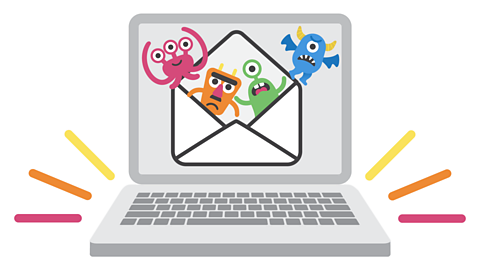
- count5 of 12
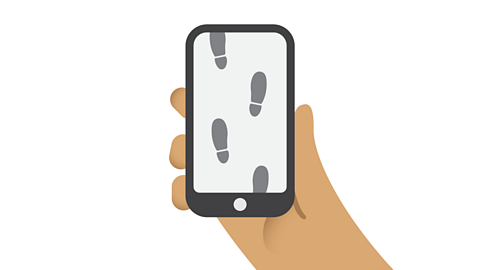
- count6 of 12
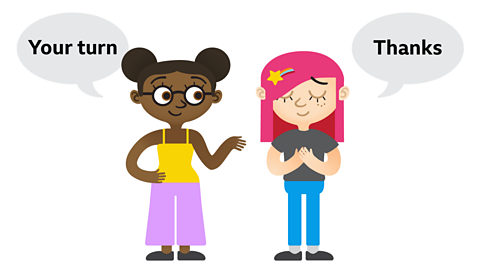
- count7 of 12
